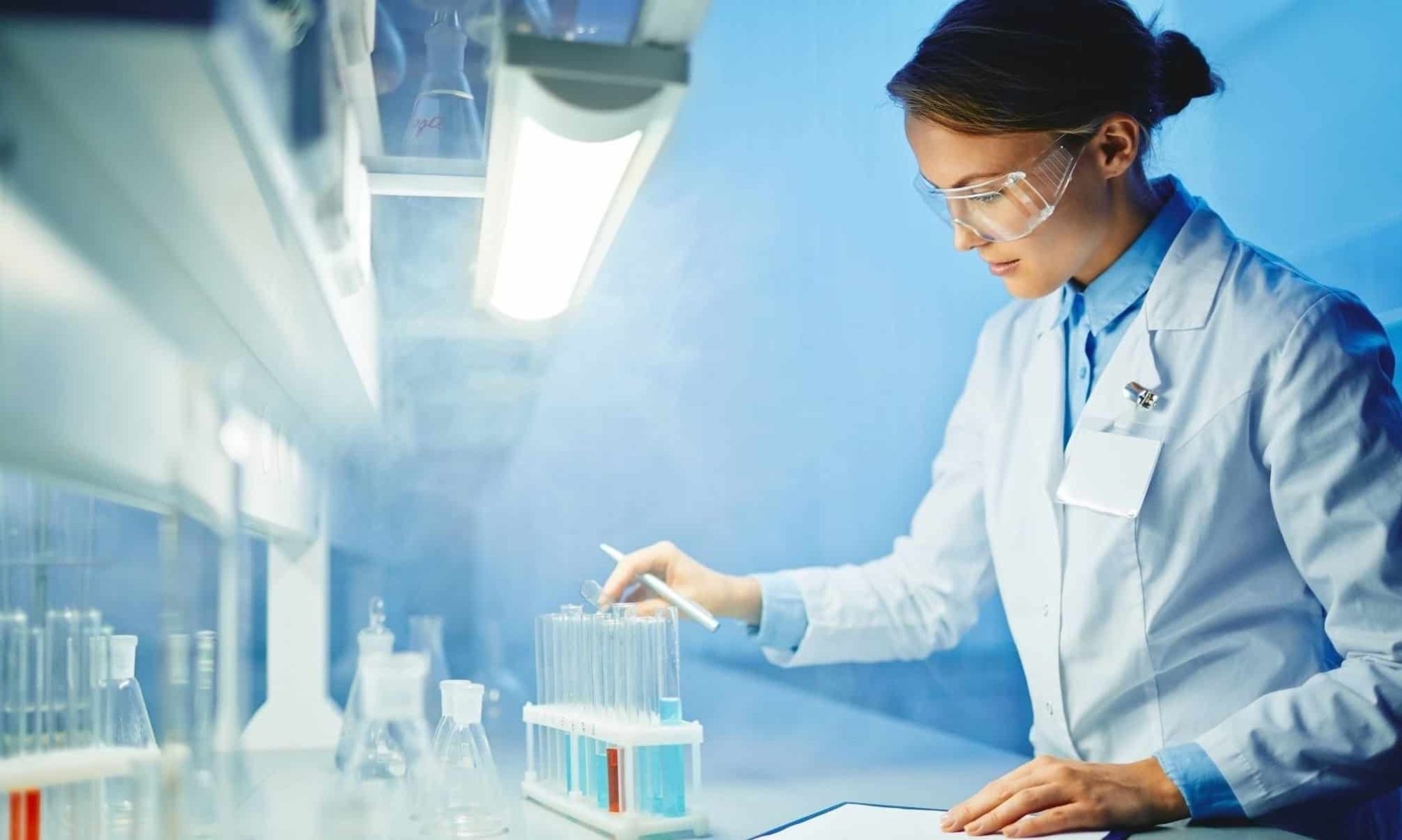Disease has a quite broad definition. Almost any non-injury condition that negatively affects an organism’s function is a disease. Infectious diseases are a standalone category of diseases which are caused by organisms themselves entering the body of the diseased. Any condition caused by bacteria, viruses, fungi or parasites is considered an infectious disease.
Here at United Clinical Laboratory we understand the importance of detection and treatment of numerous different infectious diseases. Our top-notch laboratory and superior staff are committed to battling infectious disease, from prevention to treatment. Trust us when it comes to helping you fight.
Some Common Infectious Diseases
Hepatitis B is not just the most common infectious disease in the world, but perhaps the single most common disease, period. Approximately 2 billion people worldwide are affected by Hepatitis B, which is about one in every four people. While most commonly known as a sexually transmitted disease, Hepatitis B can also be transmitted by intravenous drug use, dialysis, and by prolonged exposure to an infected person, i.e. living with him or her.
Hepatitis B rarely causes death, but the symptoms are unpleasant nonetheless, including vomiting, fatigue, and abdominal pain among others. Worldwide, the second most prevalent infectious disease is malaria, which is extremely deadly. About 90% of malaria deaths occur in Africa, but cases are reported in the US every single year.
Other common infectious diseases include Hepatitis A & C, Herpes Simplex Virus, Human Immunodeficiency Virus (HIV), Influenza, Syphilis, Tuberculosis, Chlamydia, and Gonorrhea. It is recommended by the Centers for Disease Control and Prevention (CDC) to be tested once annually for infectious disease, particularly if you exhibit risk factors.
How Infectious Diseases Spread
There are two forms of infectious disease transmission: direct and indirect. Whenever any type of physical contact occurs between someone infected and someone vulnerable, this is direct transmission. Indirect transmission occurs whenever there is no person to person contact, but the disease is potentially spread.
Direct transmission examples include touching, kissing, sexual contact, and/or coming into contact with any bodily secretion, (i.e. saliva, urine, blood, genital). Examples of indirect transmission include touching a disease-soiled object, ingesting contaminated food or drink, and/or encountering airborne disease.
Airborne transmission is a common form of disease spreading. Every time we cough or sneeze, droplets of saliva are launched into the air. Airborne disease transmission occurs when an infected person sneezes or coughs into the air and a vulnerable person inhales the droplets. Such droplets can travel up to six feet and many times land on often-touched objects, including doorknobs, tabletop surfaces, and work spaces. When a vulnerable person touches infected droplets, risk of disease increases dramatically.
Preventing Infectious Disease Transmission
It’s likely you already know the first and foremost way to prevent disease from spreading. It’s washing your hands. According to the CDC, handwashing “could reduce diarrheal disease-associated deaths by up to 50%… can reduce the risk of foodborne illness and other infections… [and] can reduce the risk of respiratory infections by 16%…” Furthermore, research based in London estimates “…that if everyone routinely washed their hands, a million deaths a year could be prevented.” The population of the United States is over forty times larger than that of London – consider what routine handwashing could do for America.
There are, obviously, several other recommended ways to prevent the spread of infectious disease other than routine handwashing. These include but are not limited to:
- Disinfecting. Be sure to routinely clean and disinfect all areas of your home, particularly those that are more prone to bacteria, such as the bathroom and the kitchen.
- Proper Food Prep. Always cook your food thoroughly, and prepare food on a clean and disinfected surface only. Refrigerate leftovers immediately.
- Vaccination. Regardless of what you may read or hear about, vaccination is on the main line of defense against infectious diseases. Just ask any medical professional.
- Stay Home If Sick. This is very important. Many people feel an occupational pressure to not call out when sick, but the truth is that if you go in sick and infect more people, the company will likely suffer more of a loss than if you alone stayed home.
- Practice Safe Sex. This should go without say, but it’s very important to use condoms and/or a proven form of female contraceptive. Also, as mentioned, get yourself tested regularly for STDs.
- Keep Personal Items Personal. Sharing a toothbrush, a razor, a hairbrush or comb, or even a drinking glass increases the risk of disease dramatically. If you even have to question whether or not an item should be shared, the answer is likely no.
- Take Antibiotics/Vitamins. Antibiotics should only be taken by prescription. Vitamins should only be taken according to a trusted schedule of intake. This being said, both are excellent preventers of infectious disease transmission because of the boost to the immune system each provides.
- Travel Wisely. Many infectious diseases are spread via travel, so be sure to speak thoroughly with either a travel agent or someone knowledgeable enough on your destination to know how to avoid becoming infected.
Ultimately, preventing the spread of infectious disease is up to us individually. We also have some responsibility in preventing becoming infected at all. There is, of course, a chance for each one of us to catch a disease, regardless of the level of preparation and preventive maintenance.
Here at United Clinical Laboratory, we offer state-of-the-art detection and treatment of infectious disease. Contact us today for any and all of your questions or concerns related to the prevention and treatment of infectious disease.

